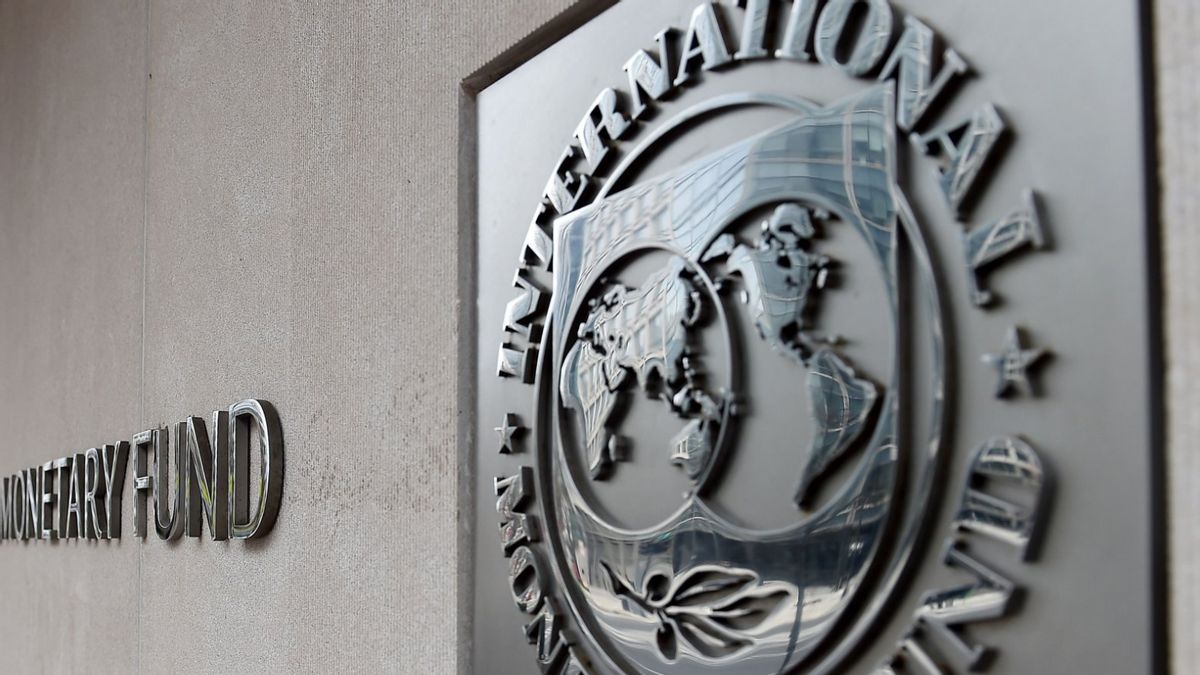JAKARTA - In an effort to address the increasingly worrying increase in global carbon emissions, the International Monetary Fund (IMF) proposes the application of a higher energy tax for crypto miners and data centers. This step is expected to suppress excessive electricity consumption of these sectors, which are considered to contribute significantly to climate change. This proposal comes amid growing global awareness of the importance of reducing carbon emissions to preserve the environment and health of our planet.
According to a paper written by IMF economists Shafik Hebous and Nate Vernon-Lin, the application of an energy tax that increases electricity costs by 85% for crypto miners can generate global government revenues of 5.2 billion US Dollars (Rp81 trillion) annually. In addition, this move is expected to reduce carbon emissions by up to 100 million tons per year, equivalent to Belgium's total annual carbon emissions.
Quoted from DL News, Hebous and Vernon-Lin explained, "Every Bitcoin mining transaction requires the same amount of electricity as the average electricity consumption per person in Ghana or Pakistan for three years. In comparison, one search on the ChatGPT requires 10 times more power than searches on Google, due to the large electricity consumption from the AI data center."
SEE ALSO:
Furthermore, the two economists revealed that by 2022, crypto mining and data centers will account for 2% of the world's total electricity consumption, and this figure is expected to increase to 3.5% in the next three years equivalent to Japanese electricity consumption, the fifth largest country in global electricity use. By 2027, carbon emissions from these sectors are projected to reach 450 million tons, or 1.2% of the total world's emissions.
The IMF emphasizes the importance of cross-border coordination in implementing this energy tax to avoid shifting operations to jurisdictions with lower environmental standards. In addition, the IMF also recommends that companies in this sector be directed to use more efficient equipment in energy use, as well as take advantage of renewable energy credits and zero emission certificates.
Ironically, currently many crypto data centers and miners are enjoying various tax incentives, ranging from income tax exemptions to consumption and property incentives. The IMF assesses that, with the environmental damage caused, the lack of contribution in job creation, as well as pressure on power grids, the net benefit of this special tax regime is highly doubtful.
These targeted tax measures are expected to encourage crypto miners and data centers to be wiser in energy use and adopt more environmentally friendly technologies, "the report concluded.
The English, Chinese, Japanese, Arabic, and French versions are automatically generated by the AI. So there may still be inaccuracies in translating, please always see Indonesian as our main language. (system supported by DigitalSiber.id)
















